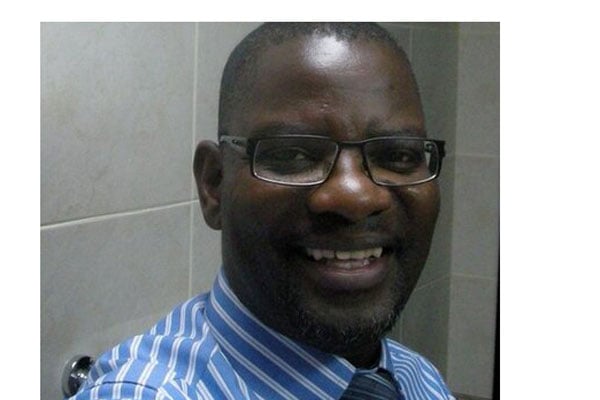We have a stop-gap measure for Covid-19 in our small wallets

Author: Musaazi Namiti. PHOTO/FILE
What you need to know:
- It was (and it still is) all too easy to see that a country with an ailing healthcare system, such as the one we have, would only be saved by luck.
In April 2020, I wrote a piece for this newspaper, saying that Ugandans had mainly luck to thank for not being ravaged by Covid-19. That was when countries with some of the best healthcare systems in the world were burying thousands butchered by the coronavirus.
It was (and it still is) all too easy to see that a country with an ailing healthcare system, such as the one we have, would only be saved by luck.
I think that luck is still on our side, especially when you look at the death toll in places such as India and the US. Yes, the number of infections and the death toll have risen sharply in Uganda, but the situation, though worrying, is not the worst.
Yet we cannot continue relying on luck for our health. All African countries, with a combined population of 1.3 billion, are still looking to the developed world for a solution.
Our efforts to find a solution to the coronavirus have been laughable. Last year, Madagascar’s president, Andry Rajoelina, unveiled a herbal tonic he said could treat Covid-19. But the World Health Organisation declared it useless on arrival and issued a warning against it.
In neighbouring Tanzania, John Pombe Magufuli, who was a scientist with a PhD in chemistry, declared, in June 2020, that the coronavirus had been “eliminated thanks to God”. Nine months later, the virus was butchering Tanzanians at a prodigious rate. Now they adhere to standard operating procedures, which they had completely ignored — with senior government officials appearing at public events without face masks.
For many Africans, the principal excuse for our inability to fix pressing problems has always been that that they are not serious enough to pose an existential threat. Now we have Covid-19.
How many African countries, for example, have successfully developed a vaccine since the coronavirus struck?
According to President Museveni, Uganda is developing a vaccine, and Dr Monica Musenero is leading efforts to bring this project to fruition. But it is going to be a real turn-up for the books if, for example, by March 2022, the vaccine is in our bodies.
A country that fails to fix faulty traffic lights in its capital; a country that fails to have markings and signs on roads in its capital; a country that has electrical power surplus but people in its capital, not in the countryside, live in darkness for days because Umeme, the power distributor, is incompetent; a country with hospitals where toilets have no tissue and soap — examples include Mulago, Kiruddu and Nsambya — and the toilets are used not only by patients but also medical doctors; that country would require a miracle to develop a vaccine.
But let us forget about the miracle and do this. We are 40 million-plus Ugandans.
Excluding children and beggars, the rest have some little money they can donate to help others. We are talking about maybe 30 million people. If each contributes Shs1,000, which is affordable, we get to raise Shs30 billion to help victims without money for treatment. We should do this several times to raise more cash.
All we need is trustworthy Ugandans to manage the funds. Thirty billion shillings can make a huge difference in the health and lives of Ugandans currently battling Covid-19. We have a solution in our wallets. Let us not waste time calling on God to help. God has never solved any problem in this world. In any case, if he exists, he knows we have Covid-19.
Mr Namiti is a journalist and former
Al Jazeera digital editor in charge of the Africa desk
[email protected] @kazbuk




